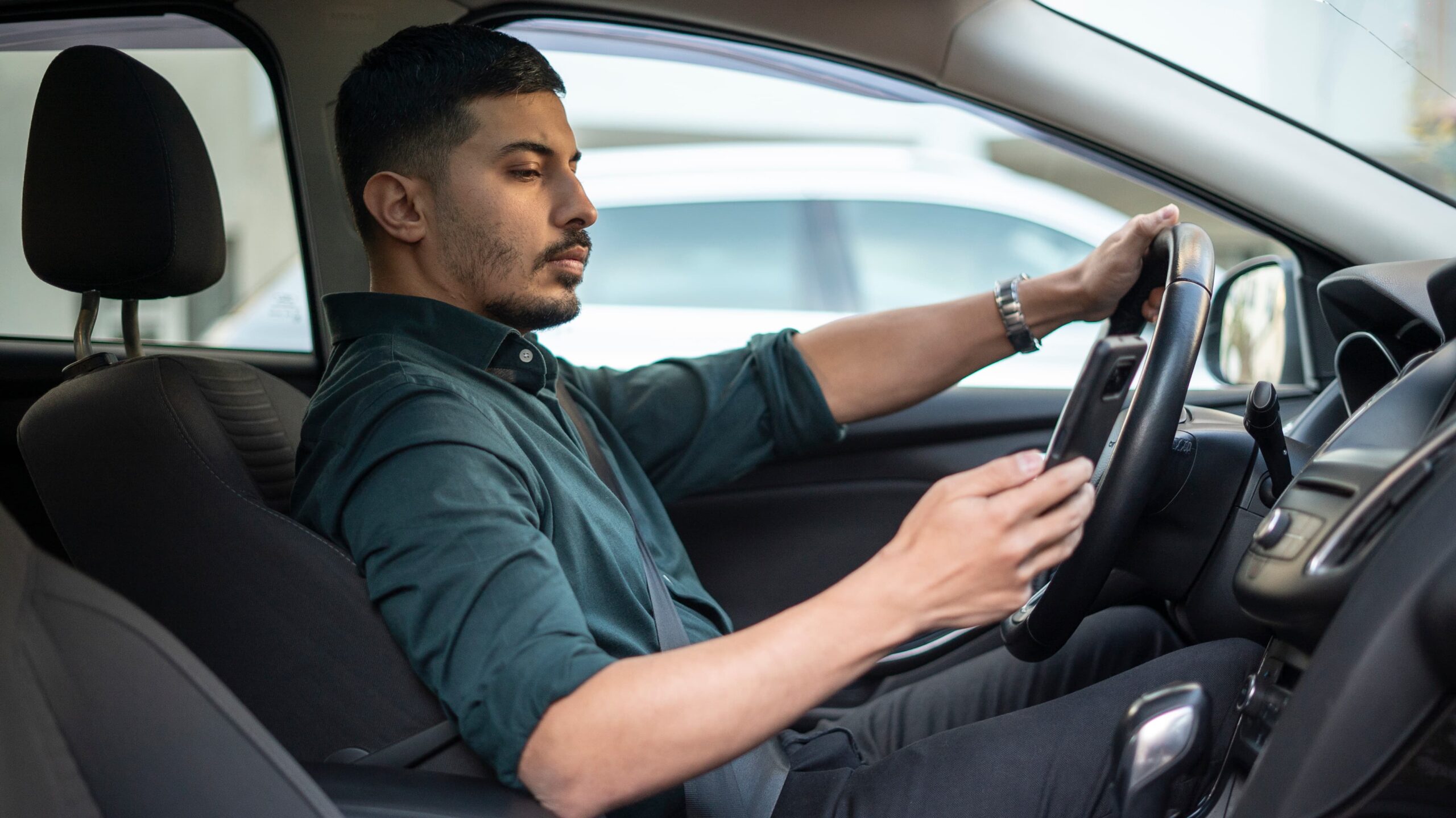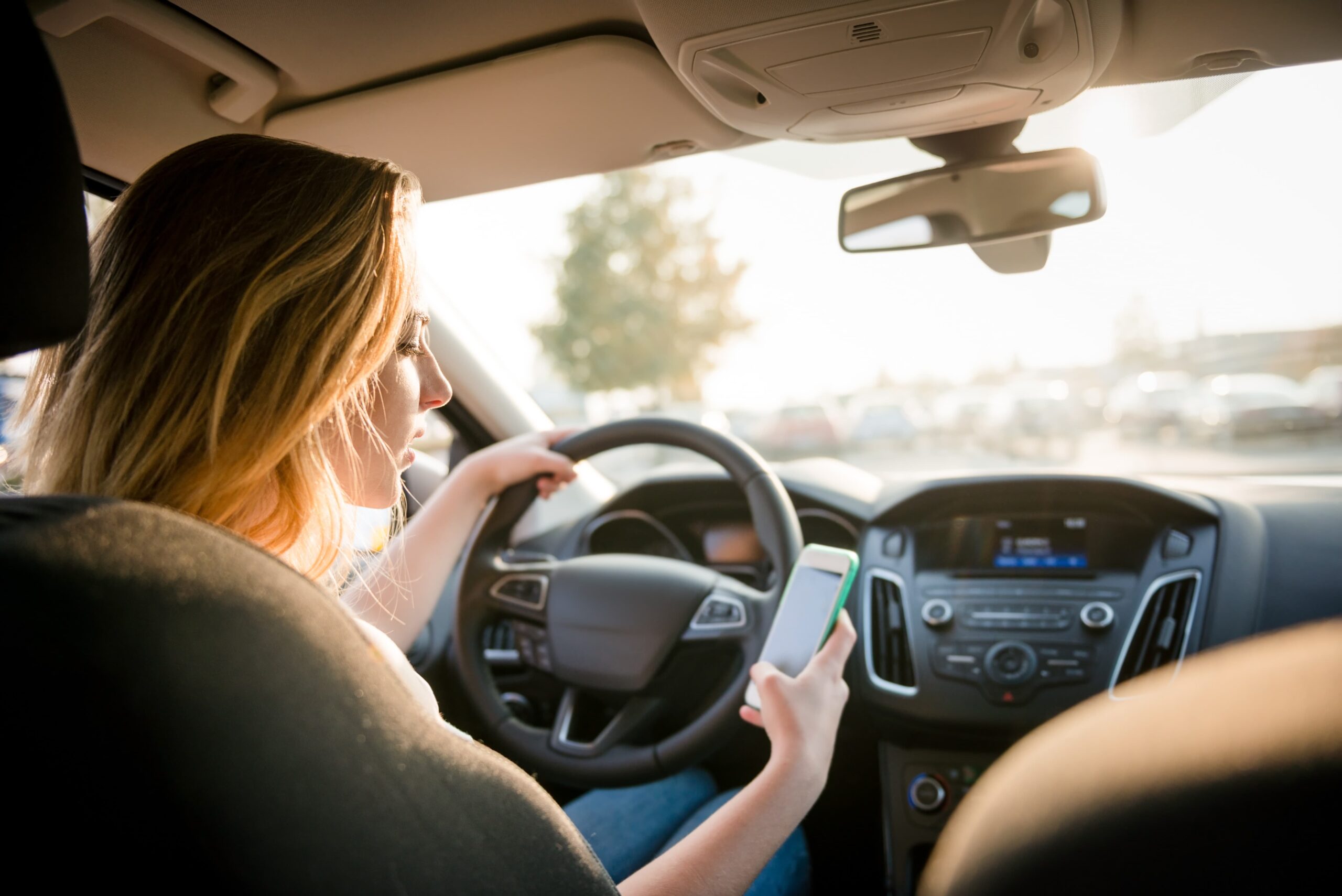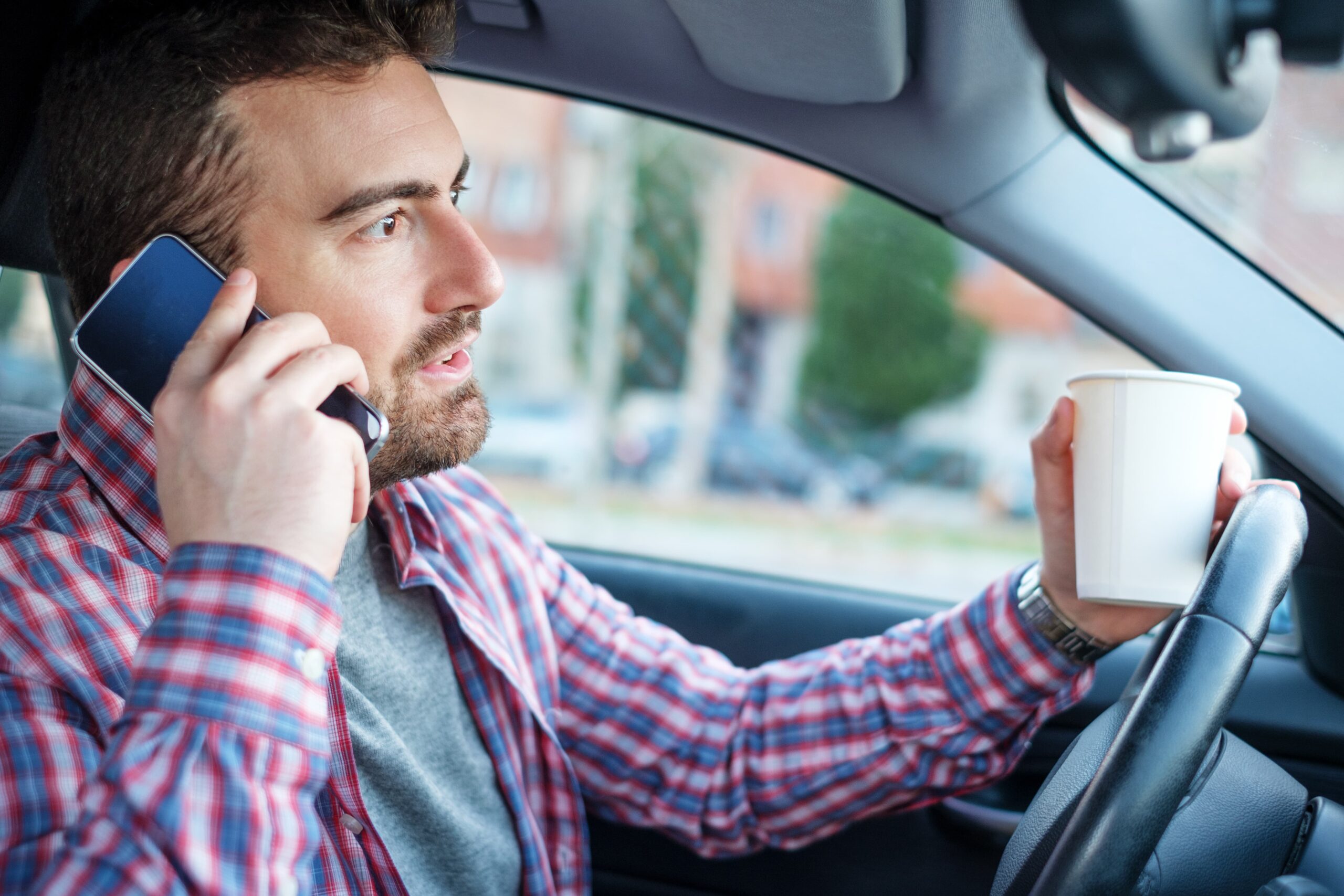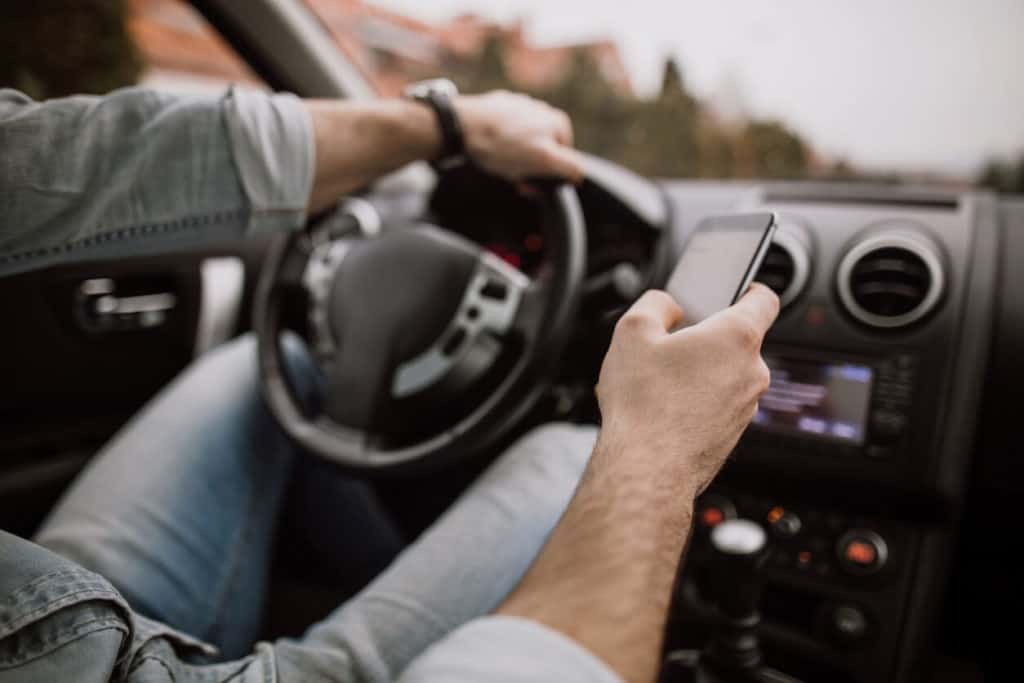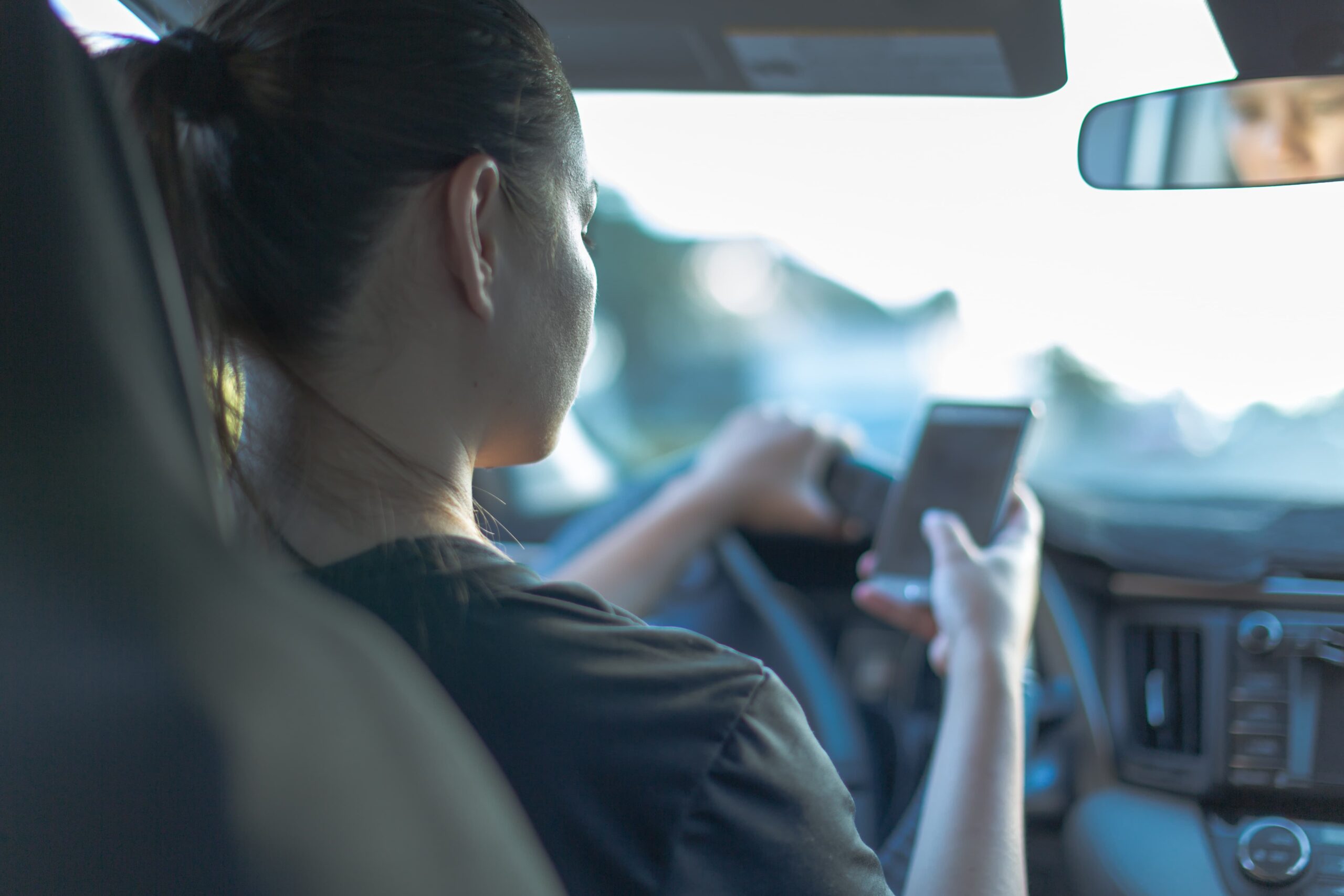How to Talk to Teens About Texting and Driving Risks
With an average of 40 distracted driving crashes occurring each day in Colorado last year, and 67 of those resulting in deaths, now is a great time to remember that distractions and driving don’t mix. One of the biggest distractions while driving? Cell phones.
Seeing as teenagers are growing up with their phones glued to their hands, it’s important to sit down with them and talk about the risks of using cell phones while driving—before they form habits that will endanger them and those around them for the rest of their lives.
It can be difficult to have an honest and blunt conversation about the consequences of distracted driving, so to help you know where to start, take a look at the following talking points:
Talk about why it’s important not to use phones while driving.
Discuss what can happen while texting and driving. Looking away from the road for a few seconds to read a message while driving even 55 miles per hour is the equivalent of driving the length of a football field blindfolded. Things might have been clear before they took their eyes off the road, but a lot can happen in one second—and the average time it takes to read a message is between four and five.
If those numbers aren’t enough, point out the fact that texting while driving slows even a teenager’s reaction time to that of a 70-year-old’s, essentially aging them 60 years while driving.
Finally, it’s important to note that using the phone for any reason while driving is actually illegal if you are under the age of 18 in Colorado. Aside from risking an accident, they also risk a hefty fine.
Ask the teen if they think they might still use their phones while driving.
While it’s hard not to pounce on any teen that answers “yes” to this question, it’s important to first learn what’s going on in their minds in order to have a reasoned discussion.
Some teens might reason that it’s okay to respond if the message comes from a parent, if they are running late, or if they are stopped at a red light. Help them understand that safety comes first; the response can wait until they are parked, even if it takes a few extra minutes.
If they come to the conclusion on their own that using their phones while driving isn’t worth the risk, that lesson is much more likely to stick than if they are simply told not to.
Show them the real consequences of distracted driving.
There are numerous sad stories out there, tragic endings that have been caused by distracted drivers holding seemingly harmless conversations on their phones. Show them a few of these to help make the situation more real. It’s common for teenagers to hold the belief that they are invincible—that these things happen, but they happen to other people. This is false. Help them understand it could be them.
Discuss some safe alternatives to using the phone while driving.
It’s easy to say what not to do, but we sometimes forget to provide any alternatives. Talk to your teen about what they can do instead of using their phones while driving. See what ideas they have and offer some of your own.
Some safe alternative plans include the following:
- Plan on checking your phone and answering calls/texts once safely parked. The person on the other end can wait a few minutes.
- If it’s urgent, pull over and park before using the phone.
- Install apps that make it harder to use cell phones while driving.
Starting the conversation to prevent Colorado teenage car accidents before they happen can make all the difference, but accidents still happen. If you or a loved one is injured in a car accident, the personal injury lawyers at Bachus & Schanker are here to help.
Sources:
https://teendriversource.research.chop.edu/teen-crash-risks-prevention/distracted-driving/cell-phones
http://edition.cnn.com/2015/02/17/living/feat-brutally-honest-teens-texting-driving/index.html
https://www.denverpost.com/2017/06/20/colorado-law-texting-while-driving/

